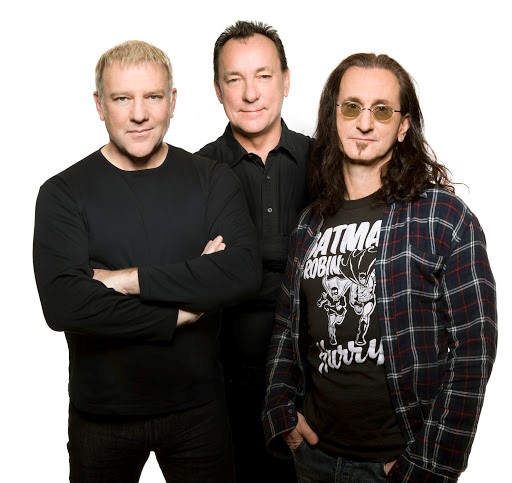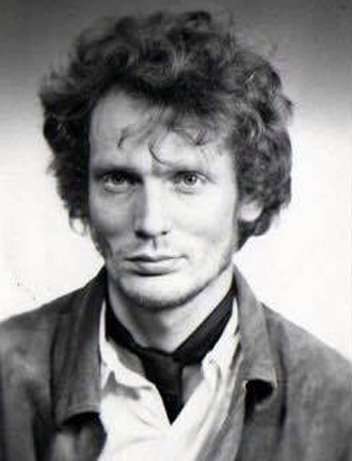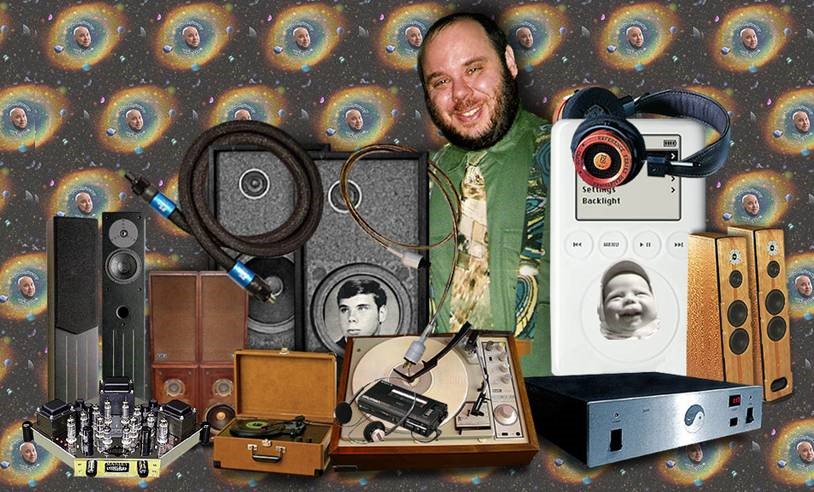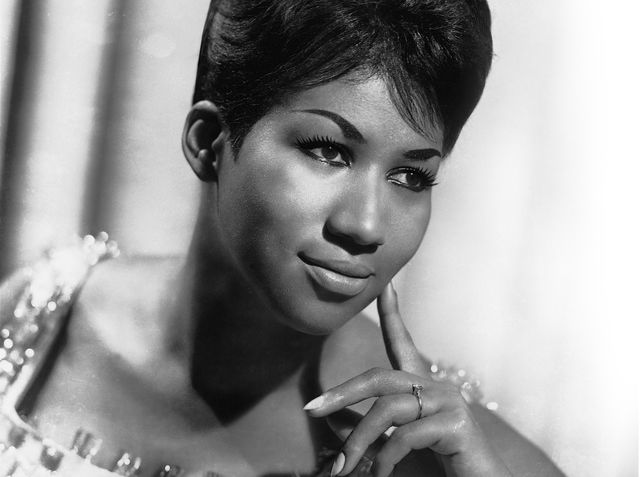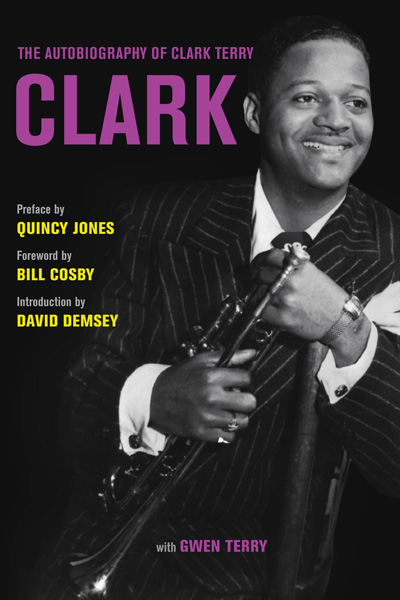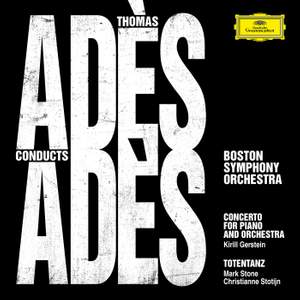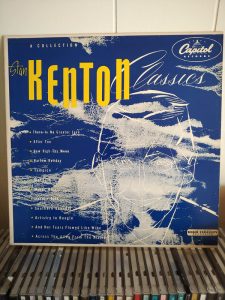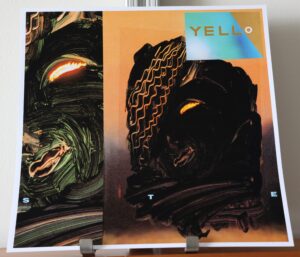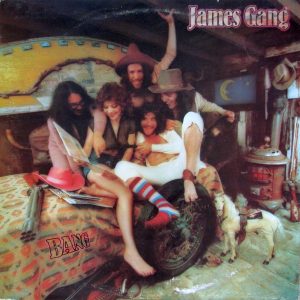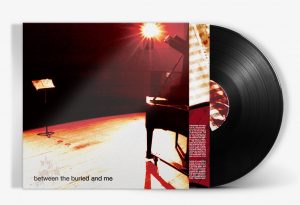Do You Believe In Ghosts?
A boy hears a sound. He hears sound before he has a name. He hears gurgling, pounding underwater. He hears an ocean of blood swimming around him. Through his veins. Through his mother. He breaks into the light of day. He's shocked that he has a voice. He finds his voice and screams. He hears it screaming as though coming back through ancient time. Like it belongs to another body. He hears it that way...then one day he hears what they call "music" in the same way he hears what they call "noise."
In the same stream. Music as an extension of sound.
Sam Shepard, Suicide in Bb
OVERTURE
THE SOUNDS OF SILENCE
The very absence of sound can be so transporting.
On those odd occasions when I had cause to drive on a Sunday night spilling into Monday morning, the silence of Upper Manhattan in Washington Heights was positively surreal: a paucity of; the absence of that steady drumbeat of subway trains and buses rumbling up under and over Upper Broadway.
Most striking though, was an awareness that none of the local businesses were drawing electricity, and thus, the absence of that 60 cycle AC mains hum from the grid was readily discernible.
We are so inured to blocking out a chorus of snarky overtones, fist-bumping fundamentals and sundry sources of cognitive dissonance, that in their absence we suddenly find ourselves sequestered in our own anechoic chamber of silence--a womb with a view.
The electricity hum (also called the "mains hum") emerges because electricity runs on alternating current (AC), which transposes voltage in the pattern of a sine wave. In the US, the frequency of this current is 60 Hz, which creates a tone almost exactly halfway between A♯ and B.
DO YOU BELIEVE IN GHOSTS?
Greetings, Positive Feedbackers and supplicants to the one true RADIO FREE CHIP. Been a while since last we enjoyed a conjugal visit.
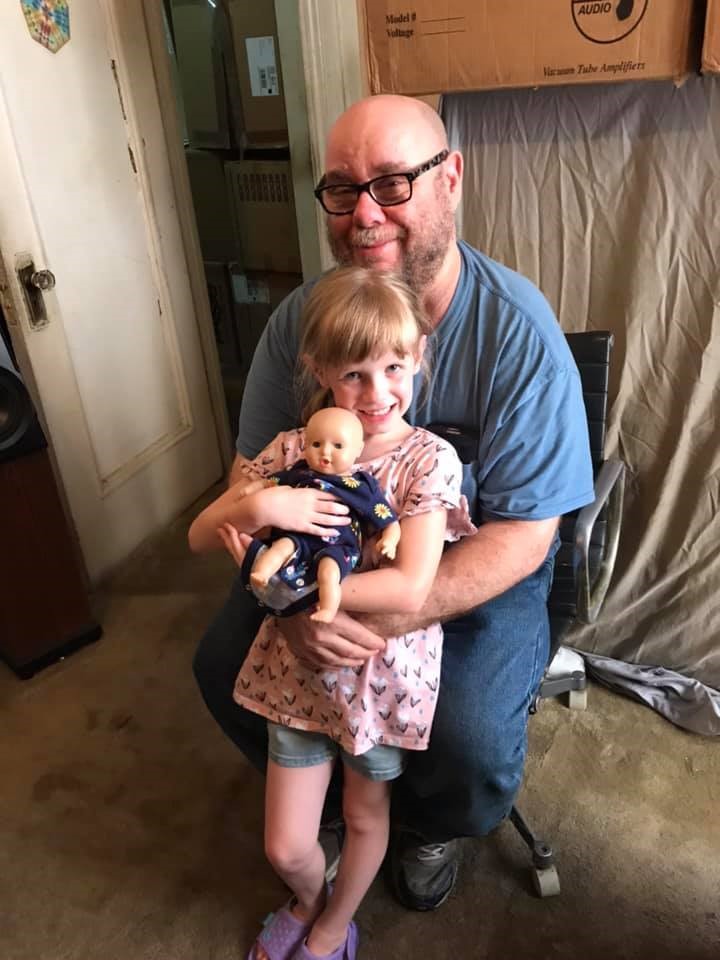
Well, my computer went belly up at the end of January, and shortly thereafter my health went south.
I became quite ill in the first week of March, and because there was not COVID-19 testing, I'm not sure what was afflicting me, but the viral upper respiratory symptoms were concerning nonetheless, and when after two weeks I simply couldn't shake them, my daughter put her foot down and insisted that I come stay with her family.
My son-in-law drove 19 hours round trip in one gulp [Never Again, Son], and ferried my earthly remains out of Dodge just in time, right as everything went totally bonkers in New York City. I've been sheltering with my daughter, my son-in-law and my grand daughter since March 18 in North Carolina, about 20 minutes southwest of Charlotte, and I am happy to let you know that thanks to fresh air, sunshine, bucolic springtime environs, hundred foot trees, songbirds, home cooking and a loving family, I transcended my health issues, and I reckon I'll be heading back to Upper Manhattan soon, in considerably better shape than I left.
As such, I have been counting my blessings, even as I, like all of you, am traumatized by the loss of friends and loved ones, not to mention how a series of iconic figures we have admired from both near and afar, many of whom have been part and parcel of our journeys—musical and otherwise—for much of our adult lives, also swooped the sphere.
Some were victims of the pandemic, while for others time simply dribbled out of the hourglass.
Be that as it may, it is always too damn soon to say goodbye.
Now that I have, for the time being, a functioning computer, and access to a word processor, email and the internet, I am once again able to entertain a colloquy with all of my brothers and sisters in the Positive Feedback community, to share my thoughts, such as they are, and to engage in each other by sharing our abiding passion for positive musical feedback and playback.
There is a lot on mind I should like to share with you as we reconnect, and to start things off, as is my wont, I find myself reflecting as I obsessively seem to do time and time again, on the departed, recently and otherwise.
Why fore doth thou do so, Mister Chip. To bear witness? To honor their memories? To linger in the poetry they have left behind?
Perhaps because, having just turned 68, Infinity now seems to possess recognizable features to me. Or maybe I am just a storyteller by accident and design, and revel in sitting about the old cracker barrel; an old codger; a griot for hire—sharing my memories and sundry encounters…significant and otherwise.
Which puts me in mind of Jonathan David Samuel Jones. Often in my ears, and always in my heart, Papa Jo Jones, a tribal elder of rhythm if ever there was one, holds several patents, as it were, on the underlying swing pulse of American music, which he nailed down beginning in the mid-1930s as one quarter of the Count Basie Band's All-American rhythm section (along with bassist Walter Page, guitarist Freddie Greene and the Count himself, pianist Bill Basie).
What has any of this to do with ghosts, save that Papa Jo's spirit has truly never left me, even having swooped the sphere in 1985—not like he's gone…he's only dead.
Well, Jo had been in dicey health the past few years of his life, and in recovering from throat cancer, he'd had a section of his palate removed and now chain smoked Marlboros pretty regularly just to keep from drooling, aided and abetted by an ever-present Coca Cola bottle filled with Hennessey, which sat at the ready on the night stand adjacent to his bed.
If memory serves, I was trying to lift Old Man River's spirits; like, "Come on champ, you can do it, urging this indomitable force of nature to get up off of the canvas, literally and figuratively, and get back behind the drums…his body language was not good, and in a moment of desperation, I baited him by picking up a calf skin head I'd brought him as a present, and began playing brushes on it. He was aghast. BINGO. He was offended to the very core of his being, and sat bolt upright, his eyes ablaze.
"You have the audacity to pick up a pair of fucking brushes in front of me? I've had four cats and each of them know more about the brushes than you'll ever know. GIVE ME THAT." At which point I surrendered the drum head and brushes to the grand master who began to essay magical figurations on that calf skin, his face a-grin and a-glow, all lit up like a pinball machine.
Another time, during an up-tick in his vitality and spirit, I took a less confrontational, more measured approach, in suggesting he could still bring it. Jo responded more slyly this time, with one of those enigmatic zen koans he would periodically lay on me, to see if this innocent could dig where he was coming from.
"How am I going to play anything for you, Chip, when I've been dead for 20 years? DO YOU BELIEVE IN GHOSTS?" It would seem as if I do.
GHOSTS
[OLD MAN JIMMY COBB]
My first recollections of Jimmy Cobb [January 20, 1929—May 24, 2020] were from around 1971, in Carnegie Hall, at the outset of my jazz journey.
Of course, even to a jazz neophyte, you had to be deaf, dumb and blind to miss out on Jimmy Cobb, one of the most distinctive, beloved drummers in American music, a soulful presence on so many of the most enduring and beloved recordings from what many blue bloods consider jazz's golden age in the 1950s and 1960s; ironically, this being an historical epoch which largely preceded both the Civil Rights Bill of 1964 and the Voting Rights Bill of 1965.
As such, I've often wondered, if this collective freedom song occurred in spite of the prevailing racial injustice which had prevailed throughout the checkered history of our nation…or because of it.
In any event, we all knew and cherished Jimmy's ongoing contributions, most famously as the last living member of the legendary Miles Davis Sextet, every man jack of them a dude, who recorded Kind Of Blue, perhaps the most revered jazz recording session in the history of jazz—and for damn sure its all-time best seller.
Of course Jimmy Cobb’s own personal journey extended back to the R&B saxophone of Earl Bostic and his jukebox hit, “Flamingo,” and forward to further collaborations with the likes of Miles Davis, John Coltrane, Frank Strozier & Booker Little, Wayne Shorter & Lee Moragn, Wes Montomgery & Johnny Griffin, as part of pianist Wynton Kelly’s Trio, featuring Cobb and stablemate, the great bassist Paul Chambers.
Again, the first time I saw him live, was at Carnegie Hall in 1971, when he was the steam engine driving the great vocalist Sarah Vaughan's locomotive, and man alive was he ever LOCKED IN. Sarah Vaughan was affectionately known as Sassy, and also known for a coy sense of humor, so by way of an introduction to the members of her rhythm section, she playfully referred to him as "Old Man Jimmy Cobb." That stuck in my mind like grits to Al Green.
And like some sort of self-fulfilling prophecy, the 42-year old drummer I heard with Sassy, like some ancient mariner of rhythm, kept growing and grooving and exploring for another 50 years, right up until the point where he passed away it seemed as if Jimmy Cobb was always there, always nailing down the groove in his elegant, deceptively unobtrusive, fulsomely swinging manner; always SO LOCKED IN ON THE MUSIC and self-effacing, to the point where as a neophyte one thought, well, maybe he is not in the upper echelons of more flamboyant jazz drummers, such as the man who preceded him with Miles Davis, Philly Joe Jones.
[COUGH] Wrong.
Jimmy Cobb was the ultimate team player, always playing in the service of collective ensemble, never drawing attention to himself—but when it was time to step up, nobody was more articulate and commanding, more melodic and swinging, be it with sticks or his masterful control of the wire brushes.
The reason Jimmy Cobb appeared on so many historic recordings, and continued to be sought after as both a leader and sideman well into his 80s and right up to just months before he passed away on at 91, is because he was a gracious, amiable, humane cat, who played for the benefit of the band, always made his collaborators want to play, and make the music sound better.
In short, he was never a drag, and oh, did I mention that he was a SWINGER? Yikes. The locomotion and focus of that epic ride cymbal beat. The sweet consonant nature of how he tuned his kit. His elegant sense of form and his innate sense of restraint as an orchestrator, knowing instinctively when to lay in the pocket, and when to put the pedal to the metal. There's an old saw concerning the existential challenge faced by drum set players, and it is all too true…too true: "No one knows how to tell the drummer what to do, but everyone knows when it's wrong."
Jimmy Cobb's collaborators never had cause to wonder about the drummer, because he had that shit covered. In triplicate.
I wish I'd gotten to spend more time with Jimmy Cobb, but I feel blessed for the times I got to hear him and see him, and for the handful of times I got to be around him.
On another occasion, it was late, I'd seen him perform in the Village with a combo, I don't quite recall the context or anything much beyond the fact that I stayed through the final set, and when for some reason, his lift didn't come through, I offered to drive him home from the gig. I didn't bombard him with small talk, or give him the historical third degree, as it was late, he was tired, and I wanted to let him relax and unwind, but he was very gracious, and when he engaged me, we chatted some and my one takeaway from that early morning encounter, is that I was always fascinated about his relationship with the legendary vocalist, Dinah Washington, whose legend preceded her in my imagination.
Now Miss Dinah had several husbands, the last being football hall-of-famer Dick "Night Train" Lane, and as one old timer explained to me, "Miss Dinah, man that gal, she always got paid—you can believe that. She not only carried a knife, but a gun, and she wasn't shy about showing them to you."
Interesting woman to be invested in a long-term relationship with, thought I, and I suppose I tried to elicit some recollections as to being husband and wife, and Jimmy allowed as how, well, they weren't actually married. REALLY? "Hey," he deadpanned quite sensibly, "we had to say something to be together as a couple under her mother's roof." Point taken.
Another time I heard Jimmy at the Blue Note on West 3rd Street near the A Train stop, with the great tenor saxophonist J.R. Monterose, a really righteous straight-ahead gig, when on one tune, I don't know if it is quite fair to characterize the feeling as R&B or Rock or Funk? It's ALL part of one great tributary of music, but given when I came of age, and how I kind of back-doored my way into jazz, I always had my radar up for those occasions when I heard the iconic jazz drummer getting up off of that ride cymbal, and really leaning into the hi-hats, snare and kick drum—playing a sure 'nuff backbeat without sounding as if they were slumming.
Not that this is so radical or outside the tradition. Dizzy Gillespie brought the vamp of Afro-Cuban music front and center. And for that matter, pianist Ahmad Jamal, enduring master of the groove and the pocket (among countless innovations, still pushing the envelope, having just turned 90 himself), has influenced everyone in American music from Miles Davis To Earth Wind & Fire, and has long favored a host of great drummers who hailed from New Orleans (such as Vernell Fournier, Idris Muhammad and Herlin Riley); New Orleans, a port city, tellingly located at the epicenter of the Mississippi and the Caribbean, wherein a gumbo of blues, R&B and Latin sources co-mingled and melded into the roots of early rock and roll.
So, anyway, over time I've come to realize that is not that out of the ordinary, but then this was a straight ahead gig with a great jazz saxophonist, and this was JIMMY COBB, an iconic master of the hard bop idiom.
After the set I spoke with him for a while, and finally enthused about how much I'd enjoyed hearing him playing so convincingly and uncharacteristically with a backbeat: "You were really rocking that kick drum and those sock cymbals."
Jimmy was pleased that I'd dug it, and then said something quite extraordinary, which helps explain how he sustained his creative edge and kept growing spiritually well into the winter of his life.
"You know, there are a lot of times I like to step outside myself and imagine what it would be like to not be Jimmy Cobb."
I did a double take, and said, "Oh man, and here I am thinking to myself how cool it would be TO ACTUALLY BE JIMMY COBB, even for only eight bars."
A peaceful journey, sir.
DOG YUMMIES
The Art Ensemble Of Chicago, Les Stances A Sophie (Nessa)
The Art Ensemble of Chicago were among the first wave of jazzmen and bluesmen to treat the legacy of Eric Dolphy, Ornette Coleman, Cecil Taylor and Albert Ayler with the same reverence as that of Armstrong, Ellington, Parker/Gillespie, Monk, Davis, Mingus, and Coltrane. American and global ethnic musics, funk, rock and roll, 20th century classical: it was all one glorious gumbo of sounds to them—and thus did the Art Ensemble dub their borderless concoction as Great Black Music.
As originally constituted The Art Ensemble of Chicago derived from early groupings chaired by multi-reed virtuoso-composer Roscoe Mitchell, and which came to include fellow reed master Joseph Jarman, the iconic trumpeter Lester Bowie, bassist Malachi Favors, and drummer Phillip Wilson. When Wilson left to join the Paul Butterfield Blues Band, the group journeyed to Paris, at first as a quartet (recording A Jackson In Your House), then with the addition of drummer Don Moye, seeking out more fertile grounds for experimentation and began a furious period of creative expansion.
Their 1970 soundtrack to the film Les Stances A Sophie is a classic work, a far reaching suite of styles and moods, each one touched by the AEC's heady, free‑spirited brand of collective interplay. I first encountered this five star, hall-of-fame post-modern jazz Dog Yummy for one's audio rig while attending Lafayette College, where I was taken aback to discover it in a stash of records by a young woman with a decidedly Pop focus. I was captivated when I first put it on, and as my enthusiasm for the music registered, this urged me to take it take, apparently quite relieved to permanently sequester it from her collection, where ostensibly it might talk to the other LPs and somehow corrupt them.
Les Stances A Sophie is graced by the exhilarating gospel based vocals of Miss Fontella Bass (then married to Lester Bowie and a chart-topping R&B artist in her own right with "Rescue Me"). On the anthemic opening track, "Theme De Yoyo," Malachi Favors (on electric bass) and drummer Moye, articulate a loose, nasty backbeat, as horns and percussion punctuate the groove in the best tradition of the great hard funk bands, before exploding into a giddy airborne reverie, free jazz to the max. Miss Bass enters with her Bunyanesque tale of YoYo, phrasing in the manner of a gospel organist or a blues diva, swooping, hollering, biting down on the words, and the effect is electrifying (as are an angular Mitchell, bluesy Bowie and a testifying Jarman).
"Theme De Celine" begins with a bluesy vamp, progresses through a polyphonic meltdown, before alighting on a swinging three-part horn convocation…only to emerge into the serene baroque airs of Monteverdi, which morphs into a strutting Bowie treatment. "Proverbs 1," "Theme Amour Universal" and "Theme Libre" begin with a long gospelish overture (like Coltrane's "Alabama"), progressing through a ragaish trance, and climaxing with an African percussion dance and an Ayleresque group exchange and a lovely oriental flute ballad.
And when Fontella Bass returns with her preaching benediction on "Proverbs 2" you feel as if the Art Ensemble have taken you on a world cruise. An enduring masterpiece, with excellent sonics, which Radio Free Chip owns on both LP and CD. Check it out.
BRYAN HYLAND
SEALED WITH A KISS
"Though we gotta say goodbye for the summer, darling I promise you this, I'll send you all my love, every day in a letter, sealed with a kiss…"
Petitioning forgiveness in advance, I'm afraid I must submit a downer note to these proceedings. What brought me here, was that this remarkably sappy song, a harbinger of sleep-away summers 50 years whence, recently got stuck between my ears—nor could I un-stick it: "Oh, God, please make it stop."
I mentioned it to my grand daughter, trying not to lay too large a egg on it. Finally, I had to enter the realm of the search engine, and confront my demons, finding this original by Brian Hyland and a cover by crooner Bobby Vinton, auteur of the eternally sappy "Blue Velvet."
Songs like this predominated the AM airwaves in the teen-centric, pre-British Invasion American consciousness. And while one can certainly appreciate the undeniable levels of Brill Building craftsmanship and Olympian levels of unapologetic sentimentality (which caused this song to linger in the deepest recesses of my recombinant DNA long after my personal expiration date), I reckon one's connection, or the lack thereof, centers around how much one cherishes high school memories, and whether or not one was tasked with a deep slow dance embrace, which went poof into the ether after a long forgotten Labor Day break, and the return to school year reality.
To those who linger in such a comfort bubble, we do not revile you, rather, we salute you. As for those of us who did not experience the 1960s in this manner, well, while we have no particular desire to castigate Brian Hyland, nor his Pop/Bubblegum artistry from another era (he grew up in Woodhaven Queens, and studied both guitar and clarinet as a youth), "Sealed With A Kiss" nevertheless makes me want to cop a pack of Kools, pour multiple shots bottle of Jim Beam, and listen to "Are You Experienced" for a month of Sundays.
FOOTNOTE: Ironically, in poking around the internet, I discovered a host of other bon mots about Bryan Hyland, which while they did not weaken my resistance to his disturbingly catchy anthem (nor the even more insidious "Itsy Bitsy Teenie Weenie Yellow Polka Dot Bikini"), nevertheless painted a much more complete portrait of an artist.
An artist who continued to grow as a songwriter and whose early pop success neither limited nor ultimately defined him. Though in the interest of full disclosure, I should confess that I was hardly conversant with Hyland's work, and if not for "Sealed With A Kiss" burrowing through my frontal lobes, his subsequent output would have likely eluded me until doomsday break, denying me the opportunity to discover some intriguing songs in his recorded oeuvre.
Such as the haunting "Mail Order Gun," which burst forth from his imagination due to the irony of being on a Dick Clark Caravan Of Stars Tour back in 1963, which just so happened to arrive in Dallas, Texas on the day of the Kennedy Assassination, and which he eventually recorded on this Del Shannon production from 1970.
Nor would I have come to discover that he and his family settled in New Orleans during the 1970s, which led to a collaboration with the iconic producer-pianist Allan Toussaint in 1977, on In A State Of Bayou.
The moral of the story being to my fellow scribes and arbiters of taste? Do not proceed in haste and rush to judge a book by its cover. Still waters run deep, and pop singer-songwriters often have as many phases as the moon.
POSTSCRIPT: Brian Hyland married a cousin of Louis Feinberg [aka Larry Fine of the Three Stooges]
EPILOGUE: On June 25, 2019, The New York Times Magazine listed Brian Hyland among hundreds of artists whose masters were reportedly destroyed in the 2008 Universal fire.
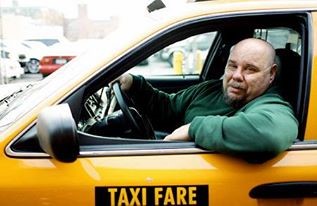
Until next time, music devotees.
This has been your brother in sound, RADIO FREE CHIP, signing off.
"I Am A DJ, I Am What I Play."




